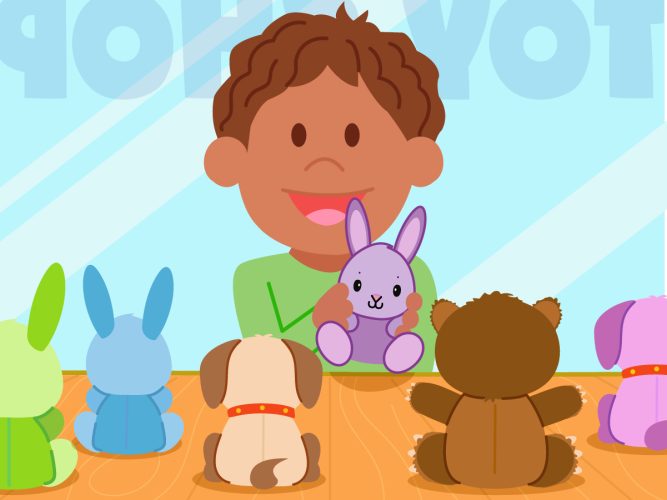
For Educators: Caring for Yourself
Tips for educators on building resilience.
April Solomon-Tate, Early Learning Specialist, First Up
As an educator and caring grown-up in children’s lives, your work has deep value and meaning. It also, of course, has its challenges! The grace, care, and kindness that you bring to these challenges all make an enormous impact on your life and the lives of the children you serve.
We know children face challenges around their emotional well-being — childhood depression and anxiety have doubled in the first year of the pandemic — and that more and more children struggle with the developmental tasks of regulating big feelings, managing impulses, and coping with stress.
Having a safe, supportive learning environment is a key factor in protecting children from the impact of stress and other challenges to their emotional well-being. Schools are often an anchor in the lives of vulnerable children and families, so our responsibility to support their emotional well-being can feel overwhelming.
At the same time, we continue to be confronted with our own ever-changing professional and personal challenges. We work hard every day to meet children’s needs, but we’re vulnerable too. As members of a helping profession, we sometimes forget we need help as well. I had long thought that my students would succeed if I managed my classroom well. I could do it all — after all, my classroom, my responsibility!
It was as if my classroom was an island. It took me years to realize I needed to connect more with other colleagues, friends, and family — and think more about caring for myself.
Part of caring for ourselves is appreciating all the wonderful things we do. Teacher burnout is real, and we all have moments when we’re not at our best. Here’s what I’ve learned about the importance of self-care and building resilience:
- A daily personal check-in can go a long way. Allow yourself a few minutes to pause and ask yourself, “Am I okay?” “Do I need time to regain my energy? What might help me do that?” “Do I need help?” You might set an alarm on your phone or buddy up with a colleague to hold each other accountable.
- When it seems you don’t have a minute for yourself, consider including those around you to join in a mindful pause. Invite children (or colleagues!) to take a quiet moment with you, close their eyes, and breathe deeply together.
- Sometimes holding in difficult emotions and “just pushing through it” can make our days even harder. Have a plan ready for when you need a break: take a five-minute walk while listening to music, do a breathing or meditation exercise, or tell a colleague that you need to vent or that you need support.
- Consistency can build resilience. Try to stay dedicated to self-care practices and the plan you create, whether it’s getting more sleep or a weekly exercise session.
- When you’re experiencing tough times in your professional life or personal life (or both), don’t be afraid to seek professional help if things start to feel unmanageable… we’re all works in progress.
Self-care is not selfish — you are important! When you’re feeling well and strong, the children and families you serve all benefit.

Mental Health Resource and Support List for Parents
If you’re concerned about—or considering seeking professional support for—your child’s emotional well-being, there are lots of resources just for you.

Teaching My Brain
Compassionate self-talk can turn difficult moments around.

Comfort Container
Help children take a quiet moment alone and soothe themselves.

A Good Friend to Myself
Self-compassion matters… children should be as kind to themselves as they are to others!

Gratitude Jar
Highlight the power of gratitude! In tough times, help children pause, notice, and savor the feelings that the good things in our lives bring.

Helped, Heard, or Hugged?
There are so many ways to support a child in distress. You can give children a sense of control by offering three ways you may be able to help… and letting them choose.

From Attention to Connection: Responding to Challenging Behavior in Caring Ways
In this webinar, you’ll learn strategies to help you support young children facing emotional challenges.
